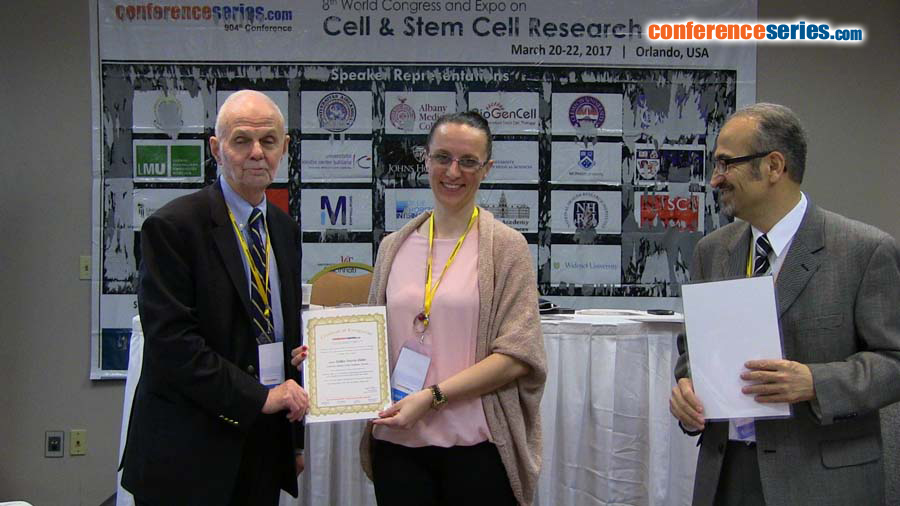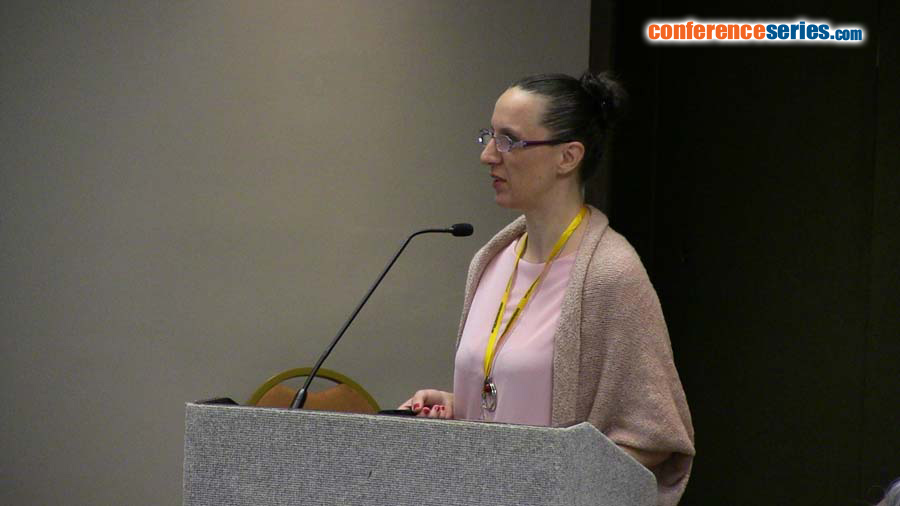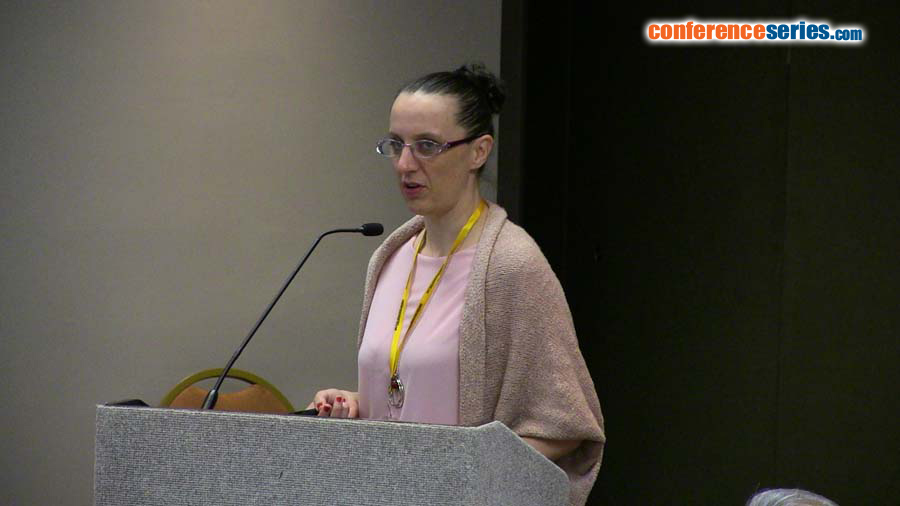Željka VeÄerić-Haler
University Medical Centre Ljubljana, Slovenia
Title: Protective effect of T cell depletion anticipating mesenchymal stem cell transplantation in acute kidney injury mice model
Biography
Biography: Željka VeÄerić-Haler
Abstract
In the last decade much effort has been introduced into treating toxic acute kidney injury with novel mesenchymal stem cell (MSC) approaches. Inflammation is known to play a crucial role in cisplatin induced acute kidney injury, were the inflammatory pathways were shown to be predominantly driven by T lymphocytes. However, most preclinical studies of stem cell xenotransplantation are performed on severe complex immunodeficiency animals lacking innate and adaptive immunity responses, therfore markedly
altering the real inflammatory state of the diseased and influencing natural course of illness. MSC were shown to have a great therapeutic potential in many disorders, where, it is not known whether those are equally effective in immunocompetent and immunocompromised microenvironment. Antithymocyte immunoglobulin is a polyclonal antibody preparation with multiple effects on immune system with preferential influence on peripheral T cell depletion. This drug enables dose dependant immunosupression, therefore allowing verification of the hypothesis that therapeutic functions and immunoregulatory properties of MSC are largerly affected by immunologic microenvironment and contribute to regeneration of kidney injury predominantly, when introduced in the non-inflammatory niche.



